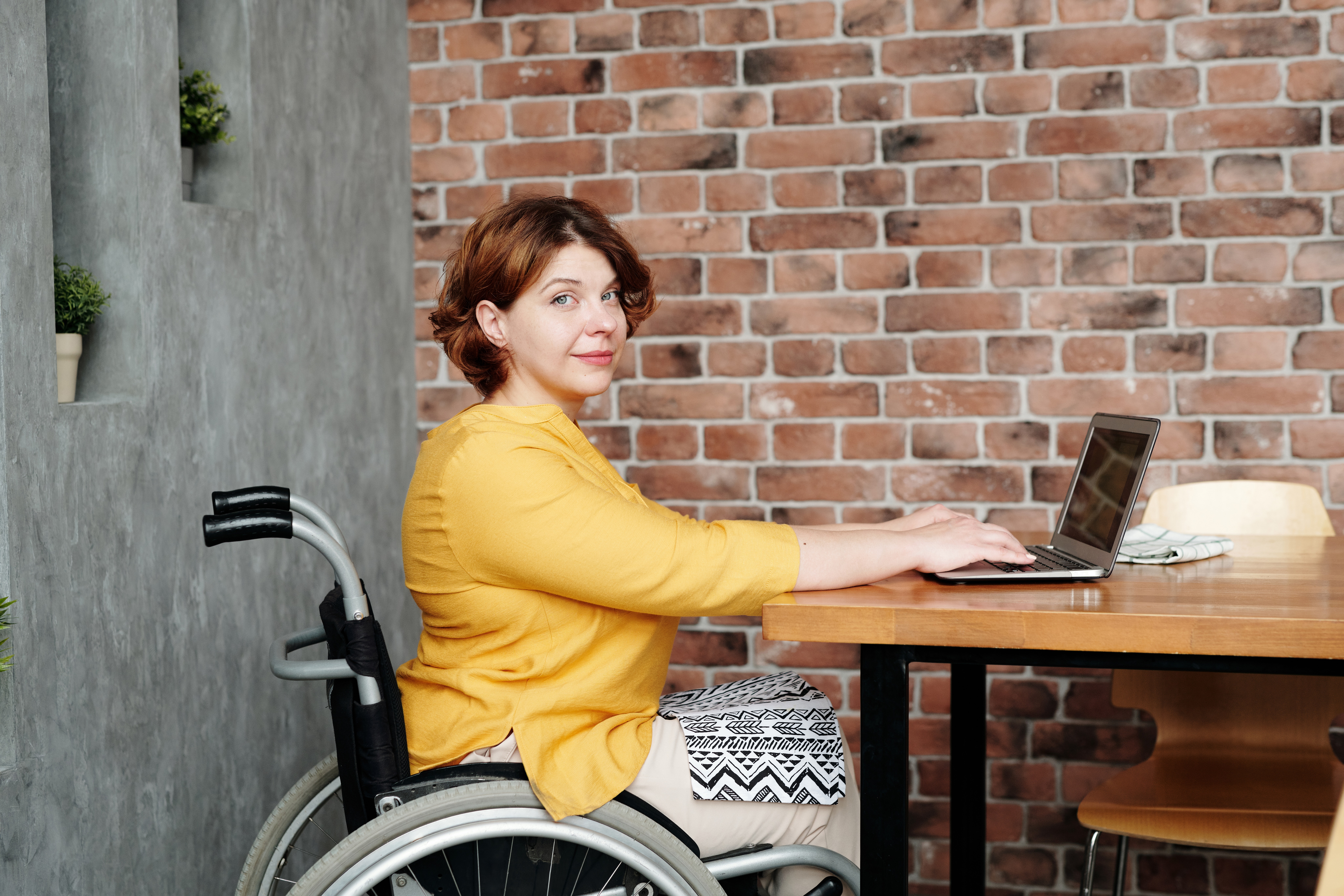 “Do I have to return to the office after working from home?”
“Do I have to return to the office after working from home?”
With employers starting to ask employees to come back to the workplace, this question might be on your mind.
They are allowed to ask as it counts as a ‘reasonable management request’ – and you have to comply with those when your contract of employment states that you will be based in the office.
So, in most cases, you will have to go back in. However, there are some exceptions.
- If you think the workplace is unsafe because your employer has not done a Covid risk assessment or taken steps to prevent transmission (such as cleaning, social distancing, and providing hand-washing and sanitising stations)
- If you test positive, have Covid symptoms or are self-isolating because you haven’t had your second vaccination and you’ve been in contact with someone who has tested positive. Rather than phoning, we recommend you write to your employer to tell them, because a written record might be useful in future
Covid, disabled people, and returning to work
You might have additional concerns about going back to work if you have a disability, suppressed immunity, or were advised to shield during the first wave of the pandemic. This also applies if you’re a carer for a clinically extremely vulnerable (CEV) person, because you wouldn’t want to bring the virus back to them.
In the 2011 Census, around 16% of the population were disabled, but disabled people accounted for 59% of Covid-19 deaths from March to July 2020.
If you have a disability, your employer is legally obliged to provide ‘reasonable adjustments’ for you. This could include the right to continue working from home, offering you alternative duties, or agreeing other flexible working options.
Talk to your employer
If you’re disabled and you want to continue home-working, the best thing is to talk to your employer. They should follow the Acas guidelines about flexible working requests, which include:
- Not making assumptions about whether or not your job can be done remotely
- Working with you to find a solution that suits both you and them
In this conversation, you might be able to emphasise the benefits of working from home, such as:
- Increased productivity
- Healthier work-life balance
- Improved job satisfaction
- More likely to stay with your employer
- Saving them money on travel or office rent
If you can demonstrate those points by providing measurable evidence, you will have a stronger argument.
You might be able to negotiate a compromise:
- Staggered working hours so you don’t have to travel at busy times
- Working some days in the office, and some days from home (many employers are actively encouraging this blended working option)
You can also talk to your trade union about it.
Ultimately, your employer’s decision about whether you can continue working from home must be fair and non-discriminatory. If not, you might be able to make a claim against them.
When you work from home
Your employer should have a home-working policy that sets out their approach, including:
- Risk assessments they will carry out
- How you will be set up to work from home
- Who will provide and pay for equipment
- How you will be managed
- How your expenses, tax and information security will be handled
- Who will cover any extra costs you might incur while working from home
Working from home: Things to note
Employment law still protects you when you’re working from home, such as:
- Your pay and other terms and conditions of their employment should stay the same
- You should not be treated less or more favourably than other employees in the organisation
- You are still covered by the law on working hours
We are employment lawyers who only ever act for employees. If you have a problem with your employer, let us know, and we’ll advise whether you have a case against them.
Related reading: “I’m disabled. Do I have to return to the office after working from home?”
- All you need to know: disability at your workplace
- An expert guide to your rights with a hidden disability
- Disability discrimination: What you need to know
Need help?
For a free initial review of your case, call 0808 168 7288 or complete a Free Online Enquiry.
We have already helped thousands of people to win millions of pounds in compensation.
You have a choice of ways to pay, including ‘no win, no fee’.
